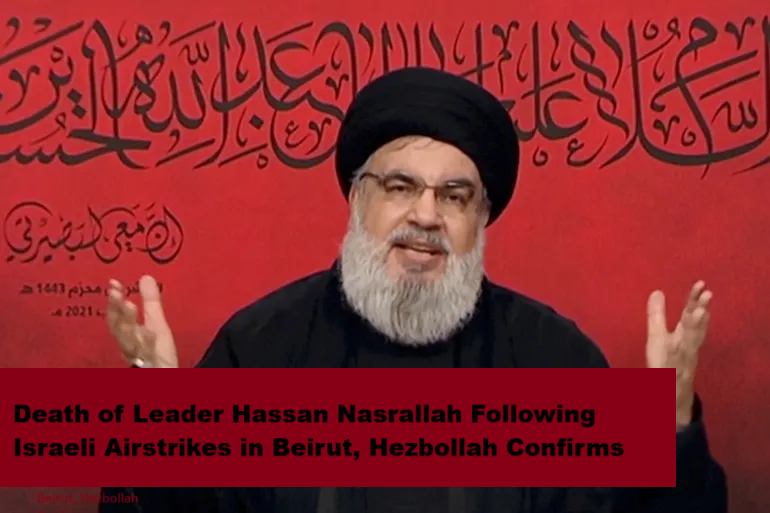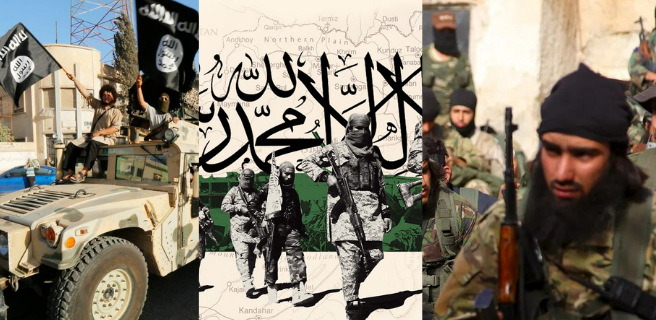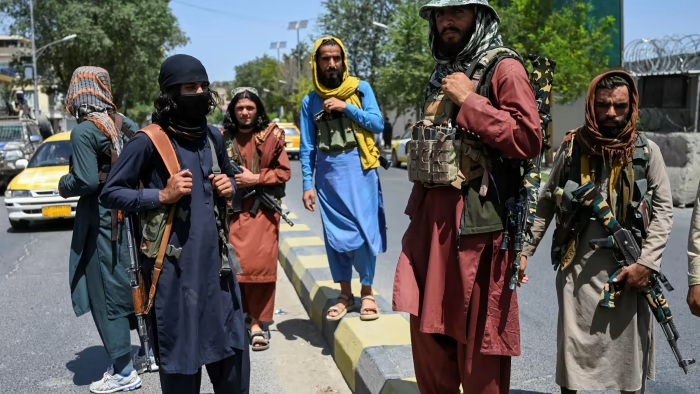Beirut, Lebanon — In a devastating announcement that has sent shockwaves through the region, Hezbollah confirmed the death of its Secretary-General, Hassan Nasrallah, following a series of Israeli airstrikes targeting strategic locations in Beirut.
This significant loss comes after a night of intense bombardment, during which Israeli forces aimed at key Hezbollah installations, raising concerns about the immediate and long-term implications for Lebanon and the Middle East.
The Circumstances Surrounding His Death
The Israeli airstrikes, which occurred late last night, were reportedly conducted in response to escalating tensions between Hezbollah and Israel. Israeli officials claimed that the strikes were a preemptive measure aimed at dismantling Hezbollah’s military capabilities and preventing potential attacks against Israeli territory.
While the exact details surrounding Nasrallah’s death remain murky, sources indicate that he was present at a command center targeted by the strikes. Hezbollah’s announcement confirmed that Nasrallah had been killed in the assault, marking a tragic turn of events for the group and its supporters.
The Impact of Nasrallah’s Death
Nasrallah had been a central figure in Hezbollah since 1992, known for his strategic prowess and ability to unite diverse factions within the organization. His death creates a significant leadership vacuum that could challenge the group’s cohesion and operational effectiveness. Speculations about potential successors are already circulating, as Hezbollah navigates this critical transition.
The confirmation of Nasrallah’s death is likely to escalate tensions between Hezbollah and Israel. Hezbollah may retaliate against Israeli interests, leading to a potential increase in hostilities and further military confrontations. Analysts warn that this could trigger a wider regional conflict, drawing in neighboring countries and international actors.
In Lebanon, Nasrallah’s death is poised to impact the political landscape. As Hezbollah’s charismatic leader, he played a vital role in shaping the group’s political strategy and its integration into Lebanese governance. His absence may alter the balance of power among various factions and could lead to shifts in public support for Hezbollah.
The international community is closely monitoring the situation, with heightened concerns about regional stability. Western powers, particularly the United States and European nations, may reassess their strategies regarding Hezbollah and its role in Middle Eastern geopolitics. The dynamics of U.S.-Israeli relations may also be affected as tensions rise.
Hezbollah’s Response
In the wake of this confirmation, Hezbollah has called for unity among its supporters and issued a statement vowing to continue Nasrallah’s legacy of resistance against Israeli aggression. The group’s leadership is expected to address the nation in the coming days, outlining their next steps and reaffirming their commitment to defending Lebanon’s sovereignty.
The confirmation of Hassan Nasrallah’s death marks a pivotal moment for Hezbollah and Lebanon, with far-reaching implications for the region.
As the group grapples with the loss of its leader, the potential for escalation in hostilities with Israel looms large, leaving the future of Hezbollah and the stability of Lebanon hanging in the balance. The coming days will be crucial as the group navigates this challenging period and seeks to maintain its influence in an increasingly volatile environment.




